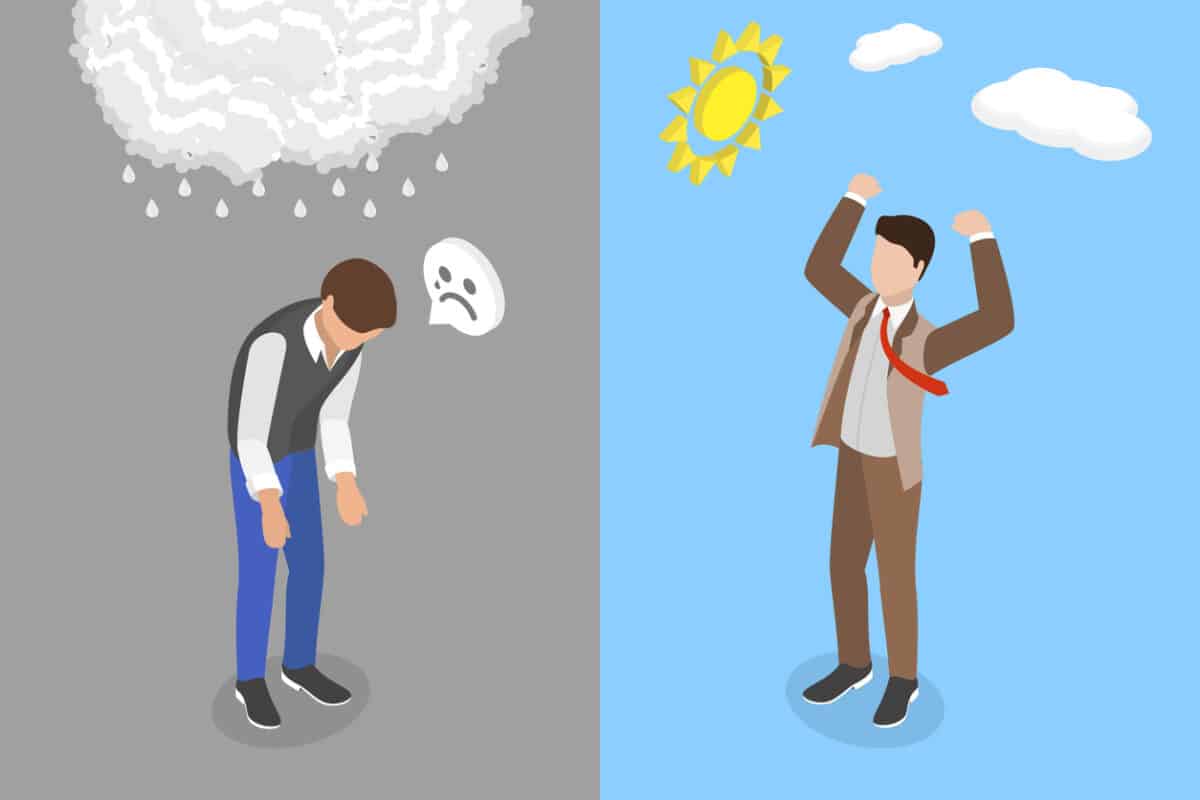This blog has been critical of many current strategies to reduce workplace mental health risks. Many strategies continue to be based on changing the worker rather than changing the system of work. The well-being advocates who have almost entirely focussed on individual-level interventions are broadening their scope to organisational or systemic resilience, but they still fail to meet the harm prevention aim of amendments to the occupational health and safety (OHS) legislation in Australia.
Dr Lucy Ryan of the University of East London recently wrote about burnout and systemic resilience.







